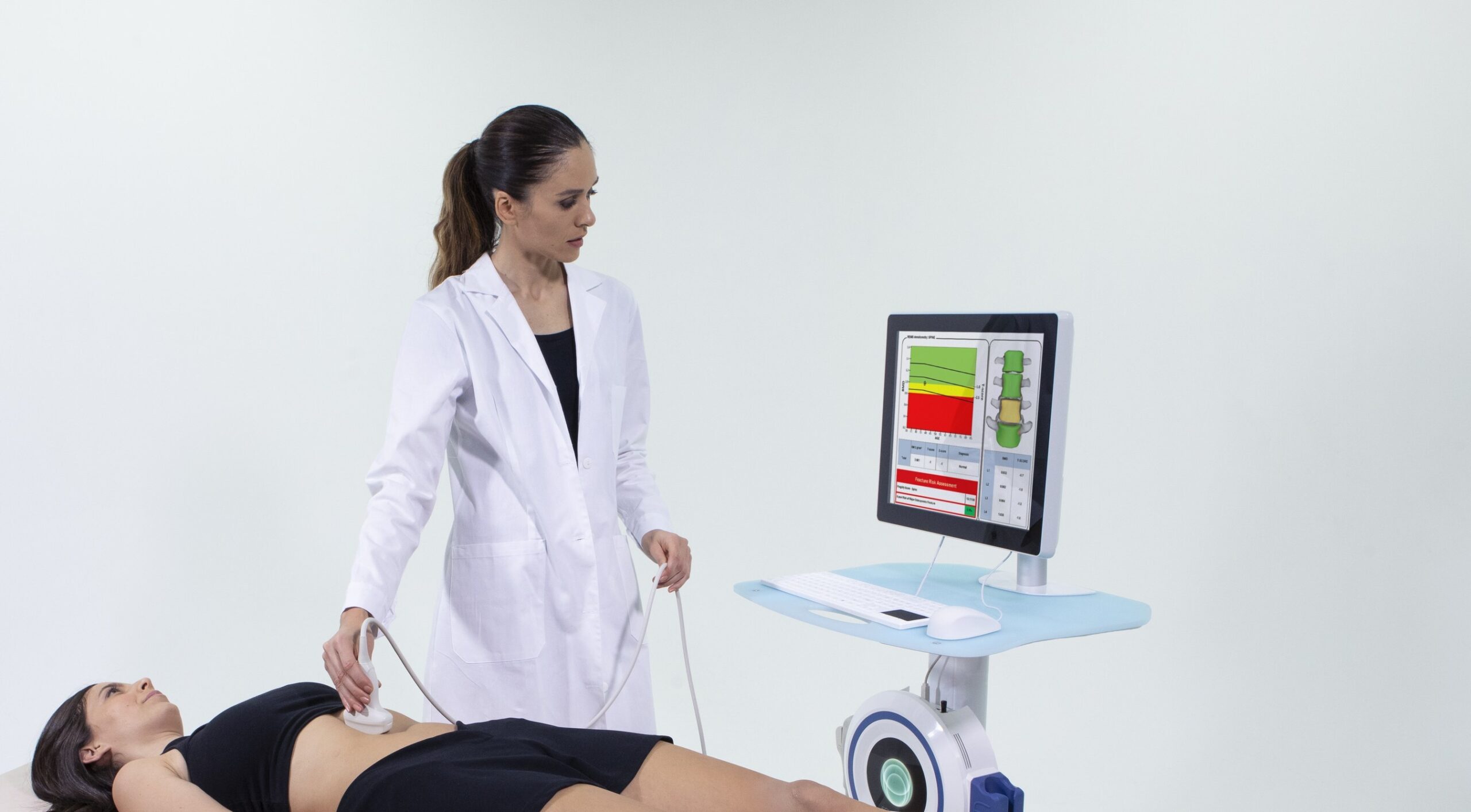Echolight has announced its participation in the upcoming Radiological Society of North America (RSNA) 2025 Congress, where the company will showcase its innovative bone density scanning technology. The REMS (Radiofrequency Echographic Multi-Spectrometry) system allows for the assessment of bone density and microarchitecture without the use of radiation, a significant advancement from traditional x-ray methods. Instead, this technology utilizes a simple ultrasound scan targeting key anatomical sites, such as the spine and femur.
This radiation-free approach not only enhances patient safety but also enables medical professionals to conduct repeated scans for ongoing monitoring of bone health. This is particularly beneficial for specific patient groups, including pregnant women, oncology patients, and children. The REMS technology automatically excludes common artifacts that can compromise results in other densitometry procedures, ensuring a highly reliable diagnostic assessment. Notably, it does not require a specialized lead-lined room, allowing for flexible patient positioning during examinations.
Recent Studies Validate REMS Technology
Echolight has recently published two studies that reaffirm the effectiveness of the REMS technology. The first study, highlighted by Mike Yuja, Chief Commercial Officer of Echolight USA, emphasizes the importance of this research for the clinical adoption of REMS worldwide. In his remarks, he stated, “This important publication marks a pivotal moment for the clinical adoption of REMS technology worldwide. By establishing clear practice parameters, international experts have reinforced the role of REMS as a reliable, accessible, and cost-effective solution for bone health assessment across diverse patient populations.”
The second study focuses on the application of REMS in evaluating bone health among pregnant women, a demographic traditionally limited by the use of ionizing diagnostic methods. In a prospective study involving 164 healthy pregnant women, REMS was utilized to measure femoral neck bone mineral density (BMD) across different trimesters. The findings indicated a significant reduction in BMD during the second and third trimesters, highlighting the importance of nutritional supplementation. The study established a strong link between insufficient calcium, vitamin D, and multivitamin intake with greater bone loss, further correlating fast bone loss with higher gravidity.
Echolight’s Commitment to Innovation in Bone Health
Echolight, founded in Italy with its headquarters in Lecce, expanded into the United States in 2020. Since then, the company has developed a robust sales network, partnering with over 40 distributors and serving hundreds of satisfied customers globally. The REMS technology has garnered recognition as a cutting-edge solution for assessing bone condition.
The portable REMS system measures bone quantity and quality through evaluations of bone mineral density at the lumbar vertebrae (L1-L4) and the femoral neck. It provides essential diagnostics for osteoporosis, including BMD (g/cm²), T-scores, and Z-scores. Additionally, it assesses fragility scores to evaluate the risk of fractures within five years using comprehensive statistical and spectral analysis.
Echolight has received numerous certifications, including UNI CEI EN ISO 13485: 2016, Quality Management System UNI EN ISO 9001: 2015, CE mark, and FDA clearance, establishing its solutions as best practices in personalized medicine for bone health.
Attendees at RSNA 2025 can visit the Echolight Booth #3165 to obtain copies of the recent studies and engage with the team about this groundbreaking technology.
